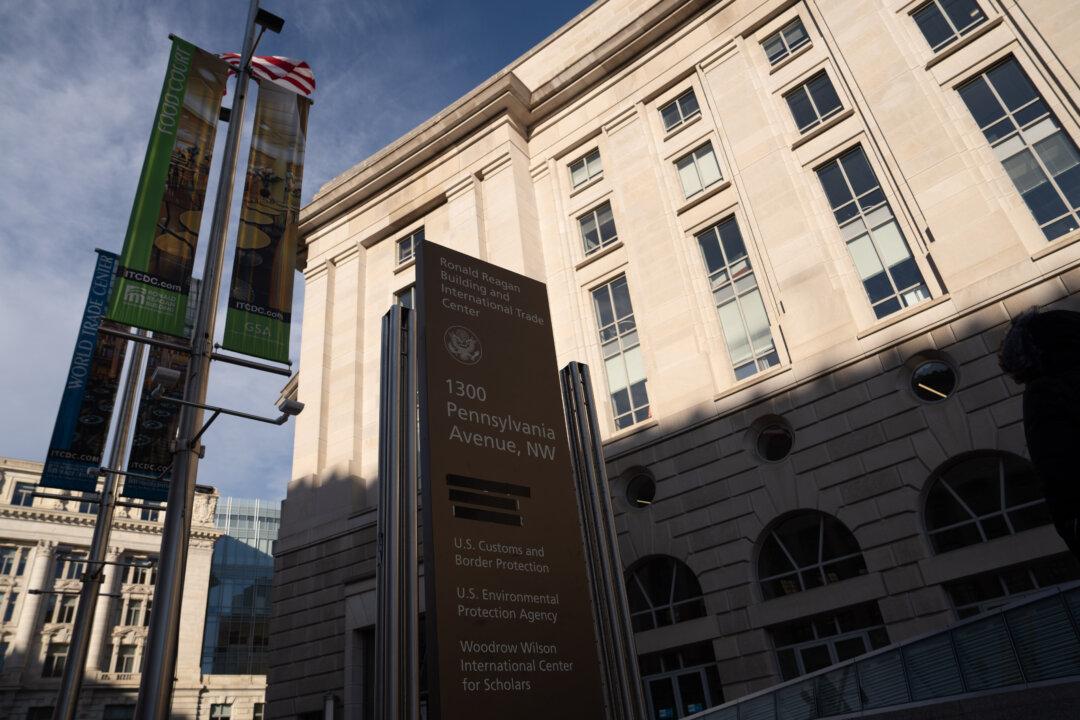The federal government’s dismantling of the U.S. Agency for International Development (USAID) has largely left the agency unable to oversee billions in unspent aid, according to a Feb. 10 watchdog report.
The federal government has paused most USAID programs, except for life-saving assistance, and placed many employees on leave after President Donald Trump signed an executive order suspending foreign aid while a review is conducted.





